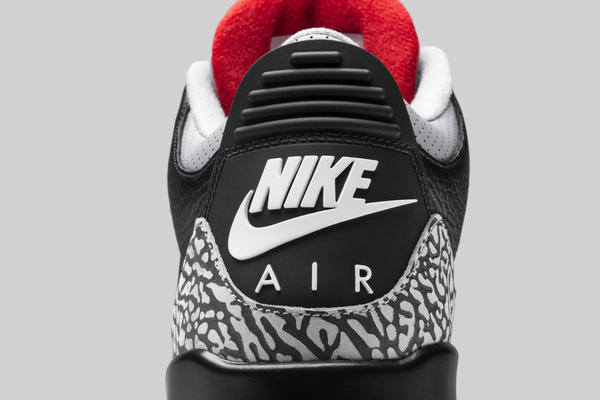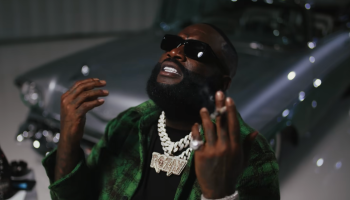
Source: Kevork Djansezian / Getty
Stephen A. Smith promised us that he would have more commentary regarding his insistence that Will Smith still owes “the Black community” an “explanation” for slapping Chris Rock at the Oscars in 2022. Now that he has heard the response of the Black community, most of whom told him to speak for himself and that Will doesn’t owe us anything, he is sharing those thoughts, but it really isn’t helping his case.
Seriously, maybe he should have kept this in the drafts.
“I don’t know if I’ll ever get over what Will Smith did to Chris Rock,” Smith began. “But that doesn’t mean I have to, and it doesn’t give me a license to negatively impact Will Smith.”
Now, Smith could have stopped right there, and all would have been fine. After all, it’s OK that he still hasn’t gotten over it, and it’s nice that he acknowledged that his personal inability to get over it doesn’t give him “license to negatively impact” Will, whose latest Bad Boys film has proven to be massively successful despite the controversy surrounding the Fresh Prince of Belair actor. (Although, really, Stephen does have every right to say what he has to say about Will regardless of whether or not it “negatively impacts” him, as we all have a right to our opinions.) But where the sports analyst loses me is when he implies that Will owes Black people a special apology due to the impact of white racism.
“It was a blemish on all of us because I know how much white America reveres Will Smith and the thinking along the lines in my mind was, ‘Hell, if he did that, what would the rest of us do?’” Smith went on to to say after suggesting that the slap may have prevented Black director Antoine Fuqua from receiving an Oscar for Emancipation. “There are certain things that happen in the lives of an individual where those incidences are used as a license to castigate the rest of us.”
So, it appears that Stephen A. Smith isn’t so much bothered by what Will did to another Black man as much as he is afraid of the optics of it, which is to say he’s in fear of the white gaze. In Smith’s initial remarks, he speculated that Will “wouldn’t have smacked Ricky Gervais, Bill Maher, Bill Burr or a host of others.” While that may or may not be true, it’s definitely true that if Ricky Gervais had slapped Bill Maher on the Oscars stage, we wouldn’t be having a conversation about how it might negatively affect the careers of other white actors, comedians and directors. That’s not even a thought that would come up because that logic simply doesn’t apply to white people of any profession.
But Smith isn’t lecturing white people for allowing this glaring double standard to persist, and he certainly isn’t lecturing the myriad white comedians and media personalities who went full fire and brimstone on Will after the slap but never have that same energy in response to the hideous anti-social behavior displayed by their fellow Caucasian celebrities. Instead, Stephen A. Smith is lecturing Will Smith about what he owes Black people for exacerbating the anti-Black racism of white people—much like Chris Rock did when he declared at the end of his Selective Outrage comedy special: “I got parents, and you know what my parents taught me: Don’t fight in front of white people.”
Besides the fact that Stephen (and probably Rock as well) is mad at the wrong thing and possibly the wrong person, maybe he should be dealing with his feelings about Will, the slap and his fear of the white gaze by working them out with a therapist instead of on national television.
















